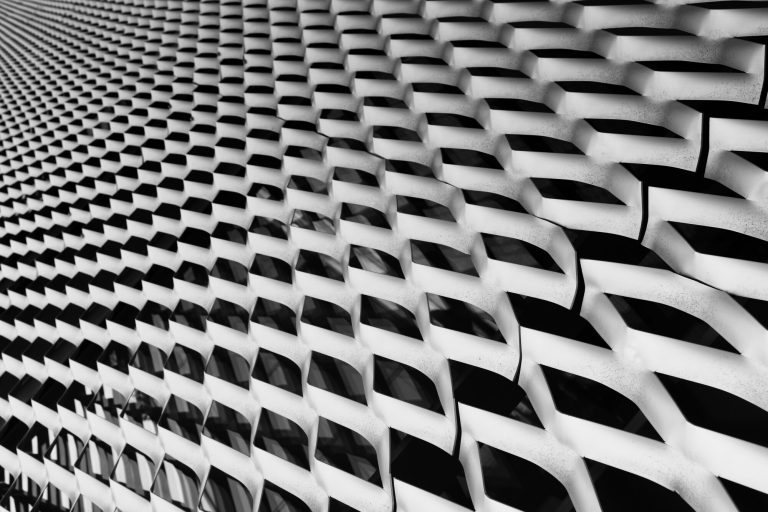Understanding Perforated Stainless Steel Screens Applications and Benefits
Perforated stainless steel screens are versatile materials used in various industrial applications, thanks to their durability, aesthetic appeal, and functional capabilities. These screens are made from high-quality stainless steel, which offers excellent resistance to corrosion and other environmental factors, ensuring longevity and reliability. This article delves into the features, applications, and advantages of perforated stainless steel screens.
What Are Perforated Stainless Steel Screens?
Perforated stainless steel screens are flat sheets of stainless steel that have been regularly punched or drilled with holes of varying sizes and shapes. These holes not only create unique patterns but also allow for the passage of air, liquid, or light, depending on the specific use. The size, shape, and spacing of the holes can be customized to meet specific requirements, making perforated stainless steel an ideal choice for a wide range of applications.
Applications of Perforated Stainless Steel Screens
1. Filtration and Separation One of the primary applications of perforated stainless steel screens is in filtration processes. Industries such as food processing, chemical manufacturing, and water treatment utilize these screens to filter particles from liquids or gases. The precise hole size and layout can be tailored to trap unwanted particles while allowing the desired substances to pass through.
2. Architectural Design Perforated stainless steel screens are increasingly used in architectural projects for facades, sunshades, and privacy screens. Their aesthetic appeal, coupled with their functionality, allows architects and designers to create striking visual features while controlling light and airflow.
3. Industrial Equipment Many industrial machines and equipment incorporate perforated stainless steel screens as protective barriers or safety features. These screens prevent debris from entering sensitive components while allowing for ventilation. They are commonly found in machinery used for milling, grinding, and processing materials.
4. Automotive Industry In automobiles, perforated stainless steel is used for various components such as exhaust systems and filters. Its high-temperature resistance and durability make it suitable for demanding automotive environments.
perforated stainless steel screen

5. Marine Applications The marine industry also benefits from the use of perforated stainless steel screens. They are utilized in boat hulls, grills, and other components, offering resistance to saltwater corrosion while ensuring structural integrity.
Benefits of Perforated Stainless Steel Screens
1. Corrosion Resistance One of the most significant advantages of stainless steel is its ability to resist corrosion. This property makes perforated stainless steel screens perfect for use in harsh environments, reducing maintenance costs and extending the lifespan of the products.
2. Customization The ability to customize hole size, shape, and pattern is a major benefit of perforated stainless steel. This flexibility allows manufacturers and designers to meet specific requirements for each application efficiently.
3. Strength and Durability Stainless steel is known for its strength and durability, making perforated screens robust and able to withstand physical stress and impacts. This strength is vital in applications where safety and reliability are crucial.
4. Aesthetic Versatility Beyond functionality, perforated stainless steel screens can be designed to enhance the visual appeal of a space. The patterns created by the perforations add texture and interest, making them suitable for both industrial and aesthetic applications.
5. Ease of Maintenance Perforated stainless steel screens are easy to clean and maintain, as their smooth surface resists dirt and grime build-up. This feature is especially beneficial in industries where hygiene is critical, such as food processing.
Conclusion
Perforated stainless steel screens are essential components across various industries due to their durability, versatility, and aesthetic qualities. By offering effective filtration solutions, contributing to architectural design, and improving safety in machinery, these screens play a crucial role in modern manufacturing and design. As technology and industry demands evolve, the use of perforated stainless steel will continue to expand, solidifying its place as a vital material in both functional and decorative applications.
-
Why Galvanized Trench Cover Steel Grating Resists Corrosion
NewsJul.10,2025
-
The Versatility and Strength of Stainless Expanded Metal Mesh
NewsJul.10,2025
-
Load Calculations in Steel Grating Platforms
NewsJul.10,2025
-
Keeping Pets and Kids Safe with Chicken Wire Deck Railing
NewsJul.10,2025
-
Hole Diameter and Pitch for Round Perforated Metal Sheets
NewsJul.10,2025
-
Aluminium Diamond Mesh in Modern Architecture
NewsJul.10,2025
Subscribe now!
Stay up to date with the latest on Fry Steeland industry news.

